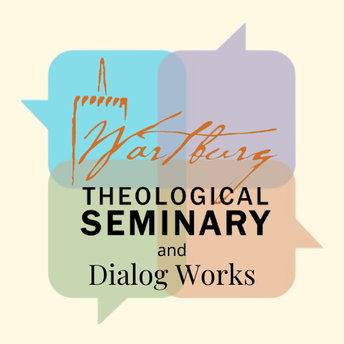Using Story to Create Space for the Spirit
Aug 13
/
Peter Soli
Narrative mediation is a transformative approach to conflict resolution, underpinned by the belief that our personal stories shape our perceptions, emotions, and actions. By harnessing the potential of personal narratives, this method offers an alternative path to understanding and resolving conflicts. A narrative approach to resolving differences is introduced in the course, Discerning God’s Leading.
At its core, narrative mediation is about revisiting and rewriting the stories that have fueled conflicts. These stories, whether consciously or subconsciously, dictate how we interpret situations, feel about them, and respond. Over time, they can become entrenched and repetitive, deepening divisions and making it difficult for involved parties to see a way out.However, by allowing individuals to share their narratives and gently guiding them to reframe these stories, narrative mediation presents an opportunity to see the situation from a fresh perspective. The intention is not to negate or erase any existing narrative but to co-create a new one that captures a collective understanding and paves the way for a harmonious future.
The Role of Non-Binary Questions
One of the unique features of narrative mediation is the
emphasis on non-binary questions. Traditional conflict resolution methods often
fall into the trap of posing questions that lead to "yes" or
"no" answers, inadvertently narrowing the scope of the conversation.
Non-binary questions, on the other hand, are open-ended and designed to elicit
more comprehensive and nuanced responses. This allows for a richer exploration
of feelings, motivations, fears, and hopes.
In this video excerpt, the Rev. Dr. David Anderson Hooker talks about the downside of asking binary questions.
In this video excerpt, the Rev. Dr. David Anderson Hooker talks about the downside of asking binary questions.
Narrative mediation aims to establish a framework for better communication and understanding by cultivating an environment where individuals can express themselves fully and fostering a collective effort to rewrite the prevailing narrative. This approach lays the foundation for healthier and more constructive relationships and creates space for the Holy Spirit.
In conclusion, narrative mediation emphasizes the significant influence of personal stories on our perspectives and interactions. Recognizing and dealing with these narratives can open up new opportunities for comprehension, cooperation, and discerning God’s leading.
Empty space, drag to resize
Wartburg Seminary
333 Wartburg Place, Dubuque, IA 52003
Dialog Works
411 Giles Place, Albert Lea, MN.56007
Copyright © 2024

